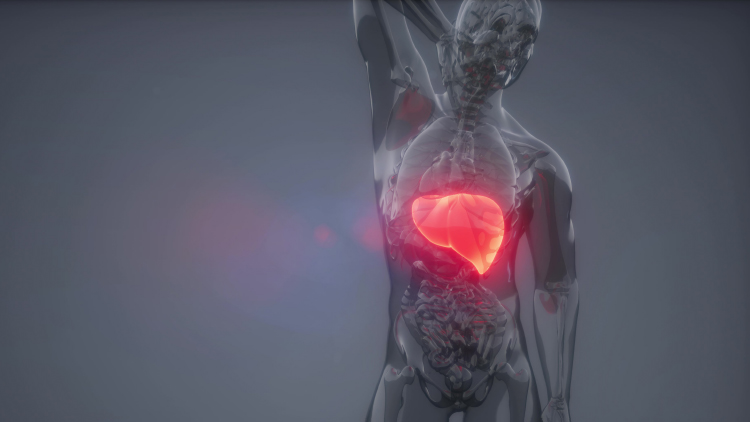Digest This – Does your child have fatty liver?
Fatty liver, also known as non-alcoholic fatty liver disease, or “NAFLD” is a medical condition caused by excessive fat accumulation within the liver. The liver is an organ with many important jobs for our bodies. In mild cases of NAFLD, fat simply builds up in the liver. In some severe cases, non-alcoholic steatohepatitis (NASH) happens with fat build-up and liver irritation (inflammation), resulting in damage. Long term liver inflammation can cause fibrosis or “scar tissue” to develop. Overtime, a condition called cirrhosis occurs, leaving irreversible scars on the liver. At this point, the liver may have problems functioning, which, in some cases, may require a liver transplant. For prevention, it is vital to recognize NAFLD and prioritize its management.
NAFLD usually, but not always, occurs in children or teens who are overweight or obese. Various factors may contribute to development of NAFLD, such as fatty diets, simple sugars and inactivity. With obesity increasingly prevalent, NAFLD is the most common cause of liver disease in children. Other health problems such as pre-diabetes, diabetes, abnormal cholesterol and high blood pressure are closely linked with this liver problem. Usually, children with NAFLD do not have many symptoms. Some children may have tiredness or minor tummy pains. Blood tests for liver enzymes are usually done to screen for liver damage. Other tests like liver ultrasound or liver biopsy may be necessary. Because there are other causes of fatty liver, your child’s doctor may do additional tests to rule out other causes of liver disease.
Currently, the best available treatment for NAFLD is weight management. In some cases, weight loss may be needed to prevent further damage to the liver. Children with this condition should engage in healthy lifestyle habits. One important element is eating a balanced diet low in fatty or sugary foods. Avoid sugar-sweetened beverages and soft drinks. Making physical activity a regular part of your child’s day will also help. You should also reduce your child’s TV and screen time. The good news is that weight loss with lifestyle changes may reverse the fatty liver and prevent further damage.
Becky Biqi Chen was a resident in general pediatrics for three years at the Children’s Hospital at London Health Sciences Centre. She is currently specializing in pediatric gastroenterology during her fellowship at the British Columbia Children’s Hospital.














